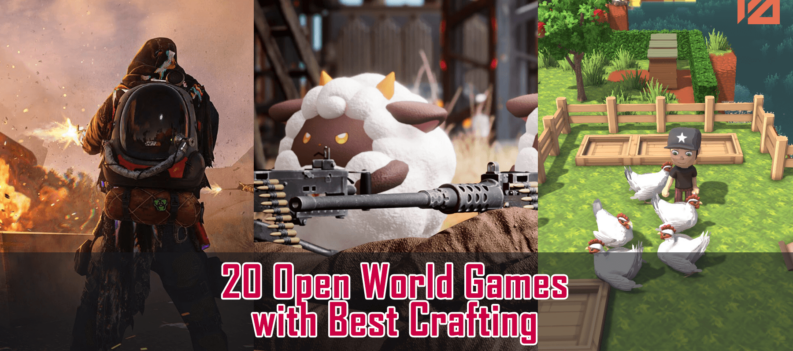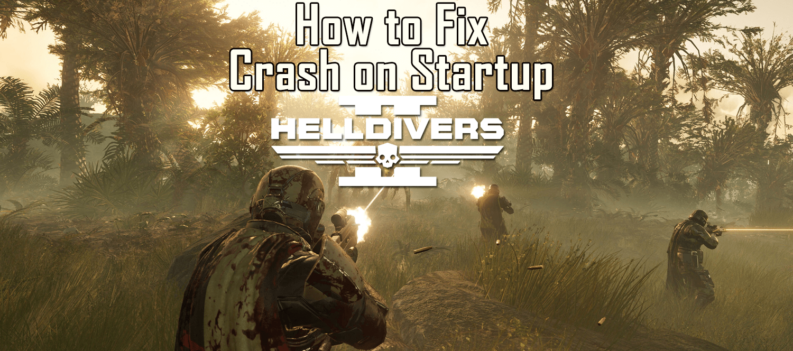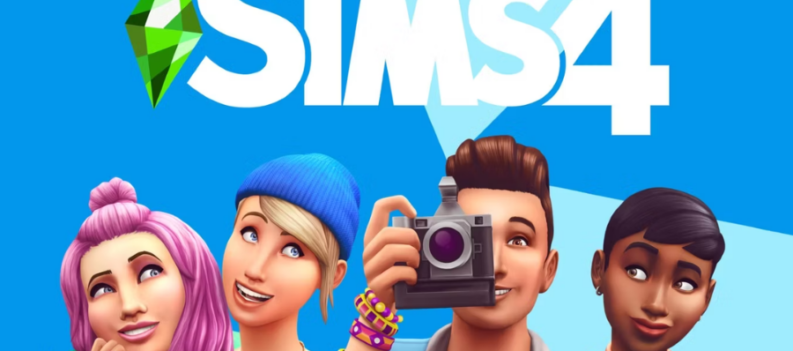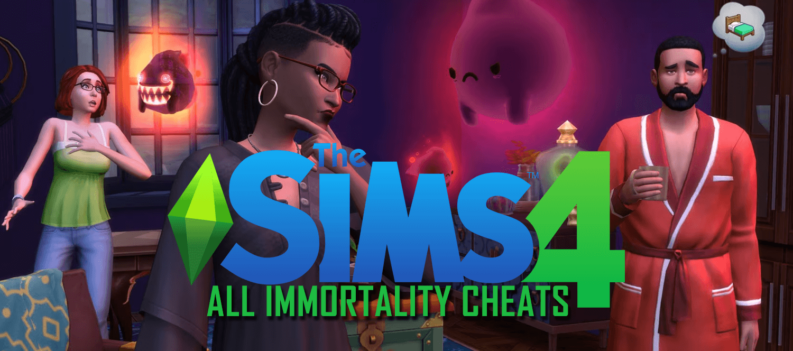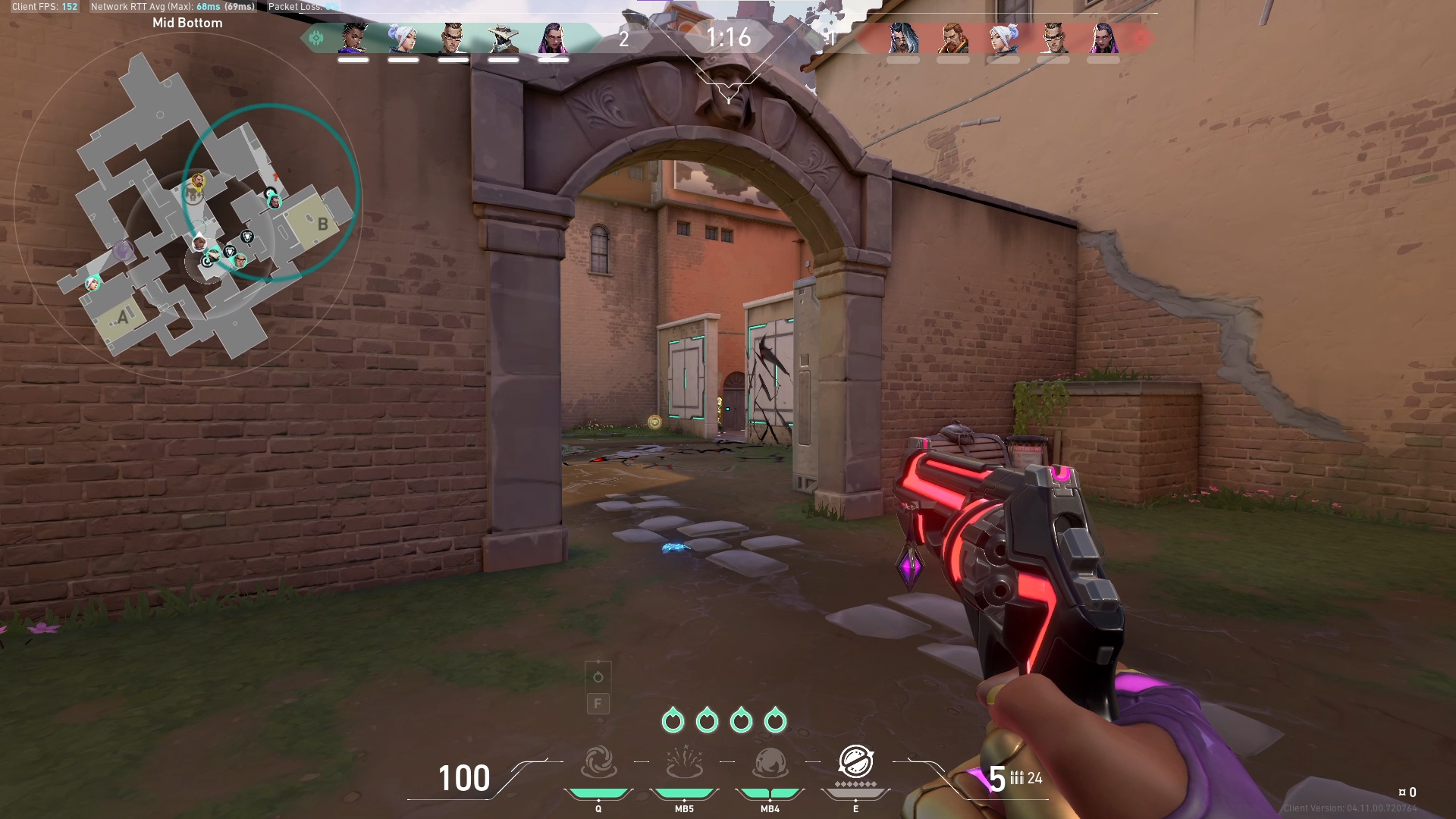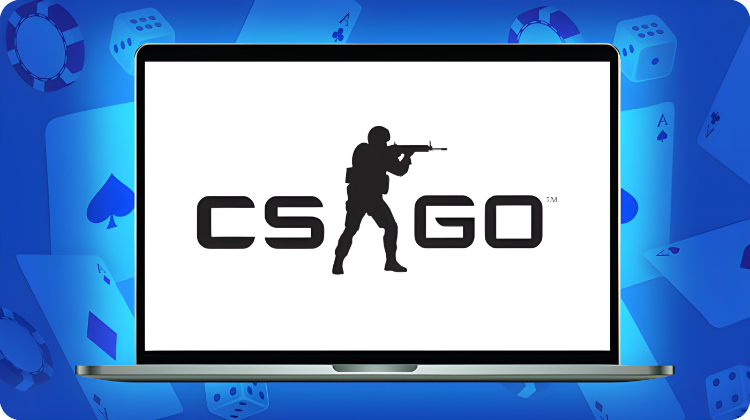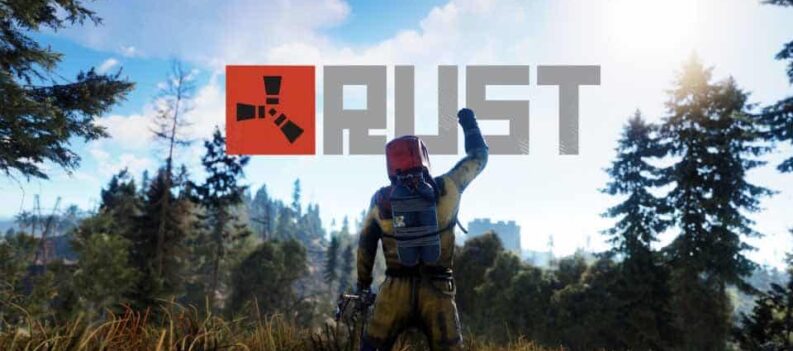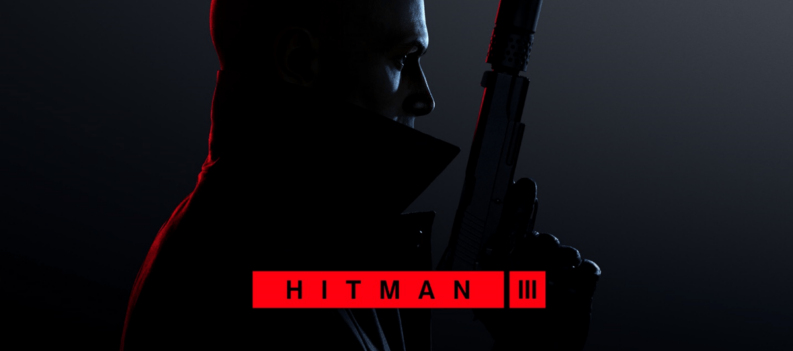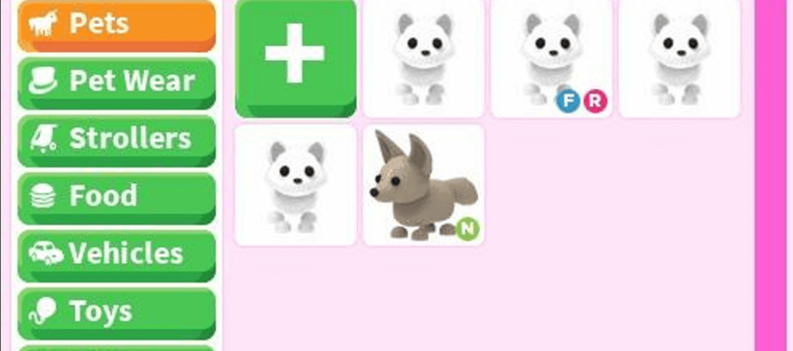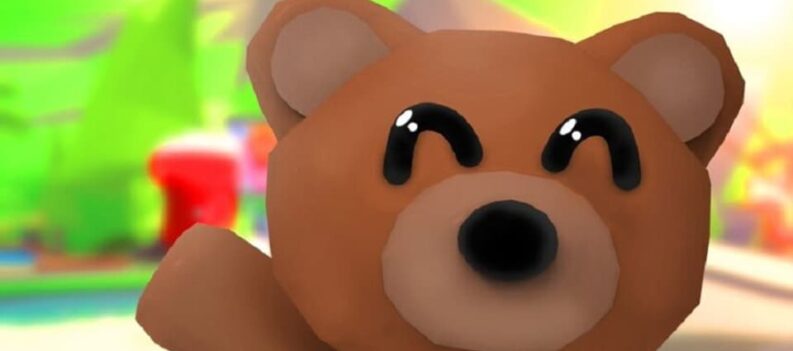NOTE: I had the opportunity to preview Outward recently, and I wanted to give you an inside scoop before the game hits the PS4 in March. Since I did have to preview it on the PC, some things will be different, but the mechanics and ideas will be the same.
Outward is a fantasy RPG with a couple of twists. First, you are just a simple adventurer. You are not the chosen one born under a special star destined to remove an ancient evil from the world. You are just a man or woman who needs some cash, trying to survive in the world like everyone else. It’s a different take that really changes how you approach the game.
It’s also a survival game. You will have to eat, drink, and sleep as you journey around the world. Food can be gathered from the local plants or taken from animals you kill. Just like real food, some of it is more filling than others, and it will spoil over time. Durability is a concern, and items will need to be repaired.
If you don’t want to starve to death, it’s time to put on that chef’s hat and cook with tools that you can buy or craft. If you are away from civilization, you can light a campfire and place a cooking pot over it to begin making a meal. When you are in a town, the kitchen can help you whip up some dishes with different ingredients and different times until it spoils.
Cooking is a form of crafting, but the overall system is deeper. There are recipes you can buy or find for all kinds of things. Do you happen to have all the materials you need for a tasty dish except for some salt? You can buy some, or you can harvest some in the wild with a pick axe. Feeling adventurous? Try combining ingredients until you discover a new recipe.
Your armor is the same. Metals can be mined as you find a vein, and skins provide some leather. The town has places you can buy recipes for this as well, and your starting clothes aren’t that great for stopping an attack. It’s not always about the fanciest armor. Some areas will be hot or cold, and you need the right clothes to keep from turning into a popsicle or cooking in your own juices.
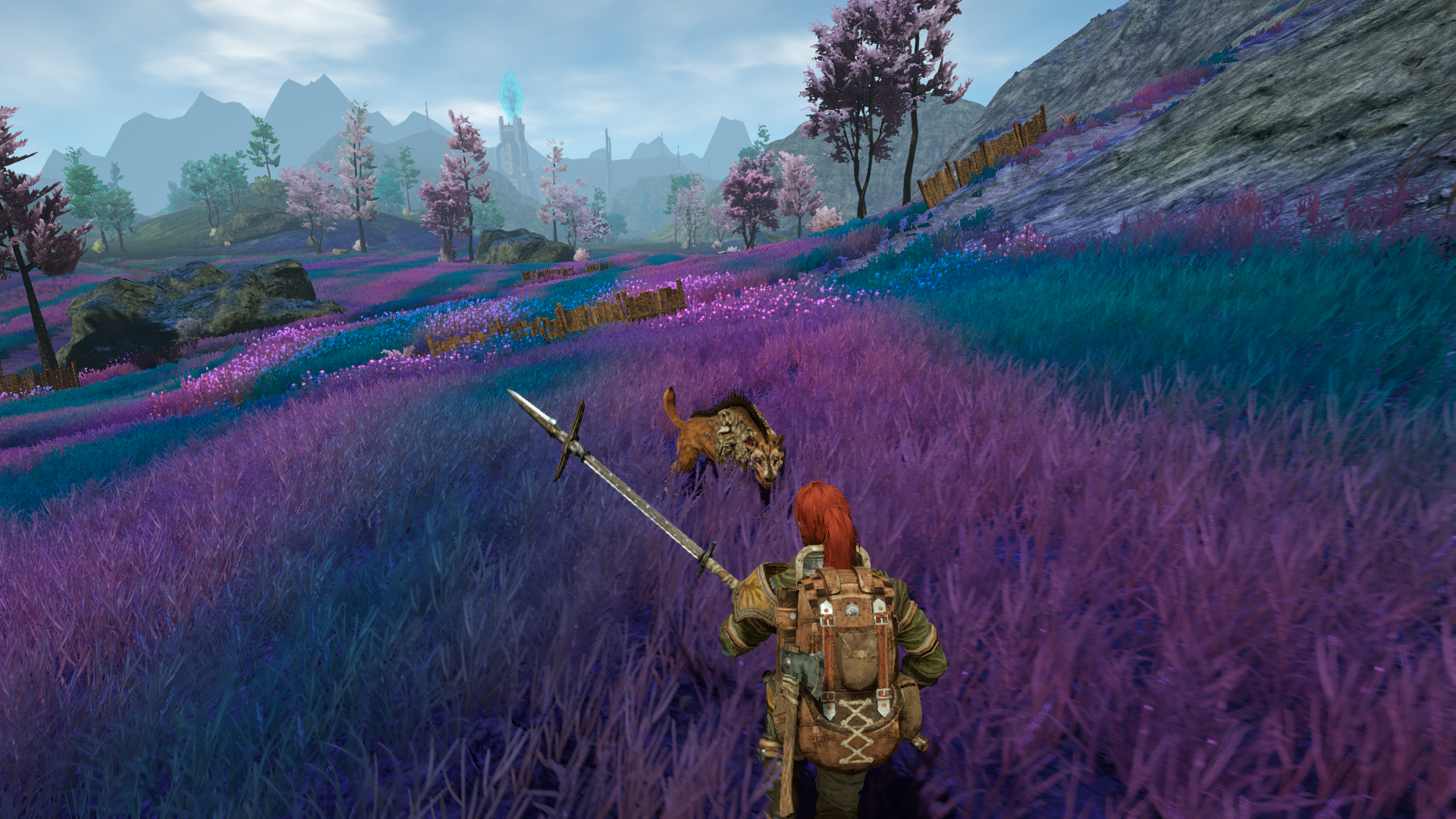
Collecting items, improving your materials, and making money are going to be the keys to survival, and the game doesn’t pull its punches. After an extremely bare bones character creator, you discover that you have just survived a shipwreck. After going home, you learn that you owe some money, and this needs to be repaid soon, or else you lose your house. Once again, you are not an epic champion plucked out of obscurity by some old guy who mentors you to greatness. You are a regular person with problems.
After looting my own home and feeling good about exploring the world, I went out the gate and picked a direction to start walking. If you open the map, you’ll see another way the game makes you responsible for your own destiny. The map never shows you where you are. You will need to use the local landmarks to figure out your location. Just like the real world, I was lost more than a few times.
Further, not everything is on the map. This leads to a real feeling of discovery when I found a cave and thought I would find a horrible monster. I did, but it was friendly and helped me. These moments surprised me, and I hope more of these will be in the final game.
Not all of my moments were happy. I initially skipped the tutorial, and that was a mistake. Don’t just try to kill a monster with a machete by blindly button mashing. You wind up dead every time. Even the fluffy giant chicken monster ended my life.
Like everything in Outward, combat is strategic. You can strike, block, or use a skill. Skills have a cool down, and are extremely powerful. The fights I had were dynamic. I saw two bandits fighting two hyenas. As an opportunist, I realized this was my chance to swoop in and kill the weakened winner. I waited and watched the health bars decrease and decided to jump into the fight after a hyena ran away.
I fought with the bandit and tried whittling his health down, blocking and circling for a chance to strike. I didn’t notice that the hyena had returned and jumped back into the fight. This type of behavior continued in other areas as well. The animals may run away, but they can and will return or follow you when you try to escape. Running away is a viable strategy as long as you are aware of your surroundings. You can crouch and sneak, but an unwary traveler will be subject to surprise attacks or be overwhelmed if you don’t take the time to watch your opponents.
Outward has a different take on your backpack as well. A bigger pack will let you carry more and gives you more options. It’s also bulky and keeps you from dodging those surprise attacks. You can be over encumbered, and it does slow you down. I found myself dropping my pack a few times, before attacking and picking it up again after I was done. Everything, even money, has weight, so you may have to run back to store your items or leave something on the ground.
As I mentioned, I had plenty of chances to explore the death mechanic in Outward. When I died once, I woke up at home. I died a few times in the wild, and I was held captive in a bandit camp. I lost most of my stuff and had to sneak or fight my way out of there in my weakened state. Once, a mysterious stranger rescued me and gave me something to eat and drink. It’s a cool way to penalize you for death while emphasizing that what you do matters.
There are separate bars for health and stamina and flailing around will drain your stamina quickly. If you are sick, starving, or parched, that will reduce your health. Beyond the need for food and drink, sleeping can be done in a bed, or you can have a portable sleeping roll for travel.
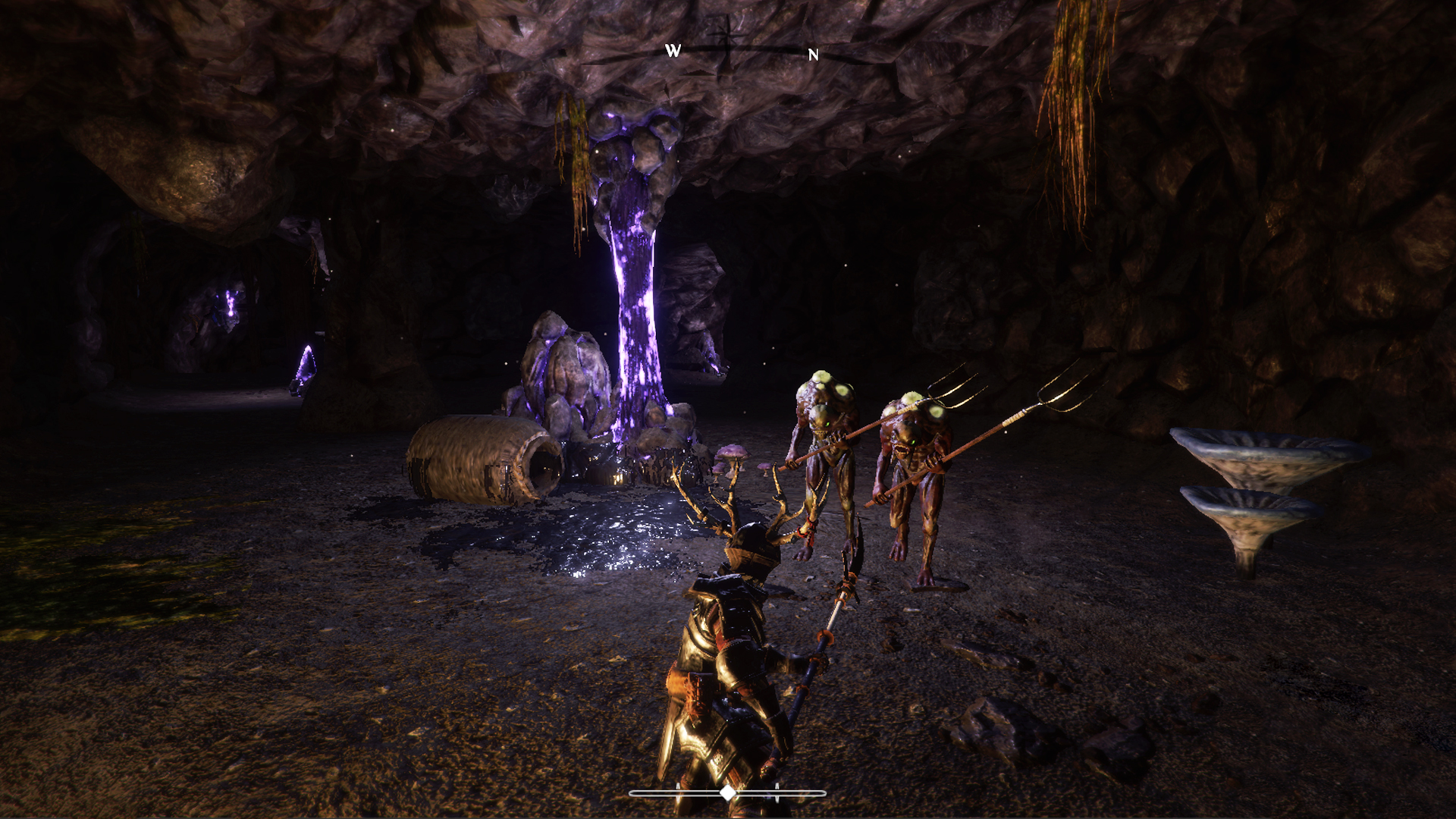
Sleeping is its own mechanic. You can choose to sleep for a certain number of hours and more sleep equals more health restored. However, sleeping makes you vulnerable to attack, and that percentage of danger goes up depending on where you rest your head and for how long. You can choose to be on watch for a certain number of hours to lower the odds of your being attacked, but you also have to consider the time of day and the fact that you will be hungry or thirsty when you wake up. Too much either way can leave you worse than before you started.
As far as the controls, I played on PC with a PS4 controller, and it was already mostly setup for this method of control. There are a few buttons to tweak, but it worked great. I have zero concerns here.
If you can’t tell, I think Outward is an interesting game with a lot of strategic depth, so where are my concerns? It could be my PC, but the visuals appear to be on the bland side. It wasn’t completely uniform. I thought the tutorial area looked a little better than some parts of the open world. This could be a matter of optimization later, but I don’t expect Outward to be a graphical powerhouse.
The other technical worry I have is around loading times. Any time you enter or exit a building or cave, the game loads. It’s not bad on PC, but I don’t want my decision about whether to explore a cave be based on a loading screen. There was no loading in the open world.
Although there is a large amount of mechanical depth, the character interactions are also a little bland. I had conversations with some of the inhabitants, and they were fairly basic. Not all of the dialogue was fully voiced either. I was happy to see that my chosen dialogue options were what I actually said. There is an over-arching story, but, so far, it looks like Outward is about the journey, not the destination.
There is a lot to understand in Outward, and I feel like I have barely scratched the surface of the world. Beyond single player, you can play online or split-screen local co-op games, so you can experience everything with someone else to watch your back.
Outward is promising, but, as with all previews, be skeptical. It’s coming to the PS4 on March 26th, and we look forward to letting you know how the full game plays on the PS4 and whether this mix of survival and RPG genres is the game for you.




